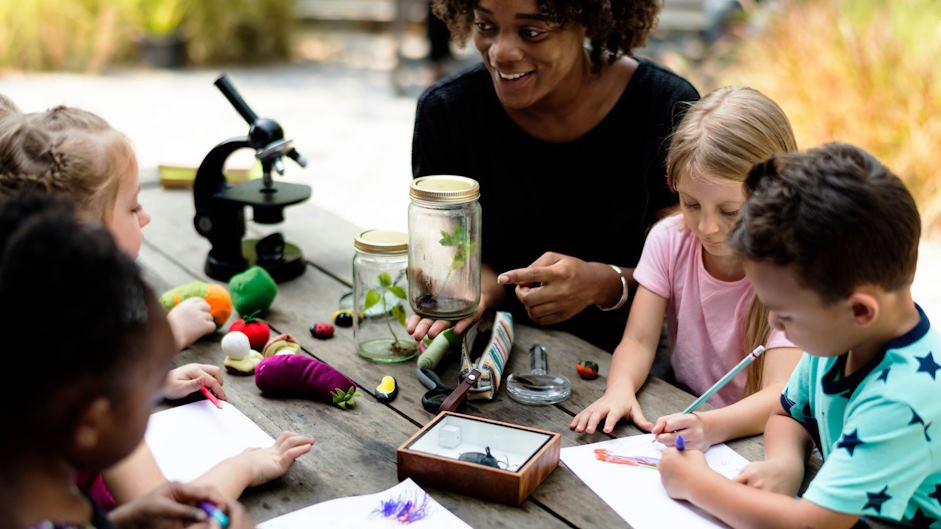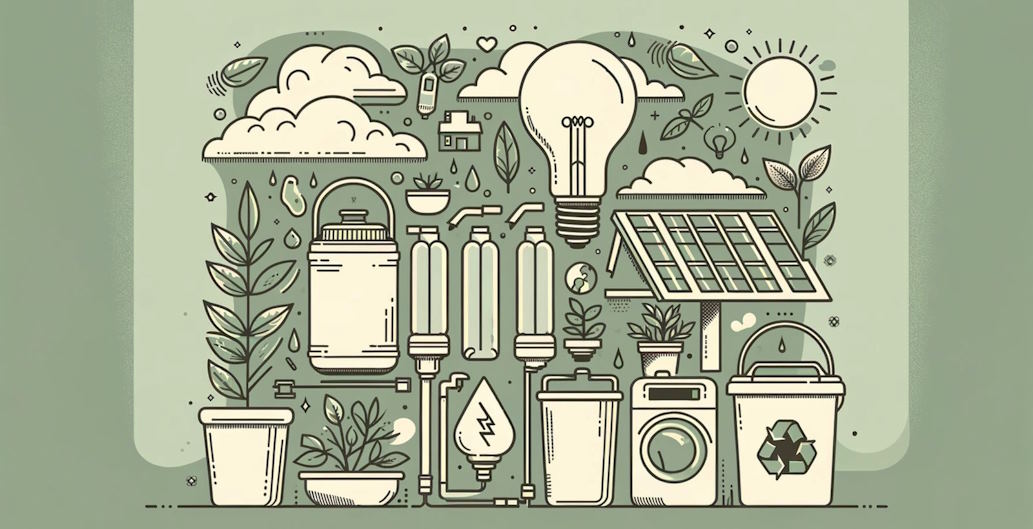
2024-04-30
Environmental education begins at home, where families can play a pivotal role in fostering a sense of environmental responsibility and sustainability. Engaging in interactive environmental projects not only educates children but also strengthens family bonds and promotes lifelong environmental stewardship. This article explores family-friendly environmental projects, interactive environmental education for families, and effective strategies for home-based environmental learning.
Family-Friendly Environmental Projects
Engaging families in environmental projects encourages hands-on learning and active participation in conservation efforts.
Key Projects:
- Backyard Garden: Planting a garden together teaches children about plant life cycles, sustainable gardening practices, and the importance of biodiversity.
- Composting: Setting up a composting bin educates children about recycling organic waste and reducing landfill waste.
- Energy Conservation: Conducting a home energy audit and implementing energy-saving practices, such as using energy-efficient appliances or turning off lights when not in use.
Benefits:
- Hands-On Learning: Practical activities reinforce environmental concepts and encourage responsibility.
- Family Bonding: Collaborative projects strengthen family bonds through shared experiences and teamwork.
- Environmental Impact: Small-scale projects at home contribute to larger environmental goals, such as reducing carbon footprint and promoting sustainable living.
Interactive Environmental Education for Families
Interactive learning activities make environmental education enjoyable and memorable for families.
Key Activities:
- Nature Scavenger Hunts: Explore local parks or nature trails while searching for specific plants, animals, or natural features.
- DIY Recycling Crafts: Create art or useful items from recycled materials, fostering creativity and promoting recycling habits.
- Environmental Games: Play educational games that teach about ecosystems, wildlife conservation, or sustainable living practices.
Engagement:
- Discussion Sessions: Hold family discussions about environmental issues and brainstorm solutions or actions the family can take together.
- Documentaries and Films: Watch age-appropriate documentaries that highlight environmental challenges and conservation efforts around the world.
- Virtual Field Trips: Take virtual tours of national parks or wildlife sanctuaries to learn about diverse ecosystems and conservation efforts.
Effective Strategies for Home-Based Environmental Learning
Implementing effective strategies ensures that environmental education remains engaging and impactful for families.
Key Strategies:
- Set Goals: Establish achievable goals for environmental projects and track progress together as a family.
- Celebrate Success: Recognize and celebrate milestones, such as achieving a zero-waste week or successfully growing vegetables in the garden.
- Lead by Example: Demonstrate sustainable practices and behaviors, serving as role models for children.
Integration:
- Daily Habits: Incorporate environmental practices into daily routines, such as reducing plastic use, conserving water, and practicing mindful consumption.
- Educational Resources: Access online resources, books, and educational websites that provide information and activities related to environmental education.
- Community Involvement: Participate in local environmental initiatives or volunteer opportunities as a family, fostering a sense of community and collective action.
Engaging families in environmental education at home is not only educational but also enriches family dynamics and promotes a shared commitment to sustainability. By participating in family-friendly environmental projects, engaging in interactive learning activities, and implementing effective strategies for home-based environmental learning, families can instill lifelong values of environmental stewardship in children. These efforts not only contribute to a healthier planet but also empower families to make informed decisions and take meaningful actions towards a more sustainable future. Embracing environmental education as a family endeavor creates opportunities for learning, bonding, and making a positive impact on the world around us.



